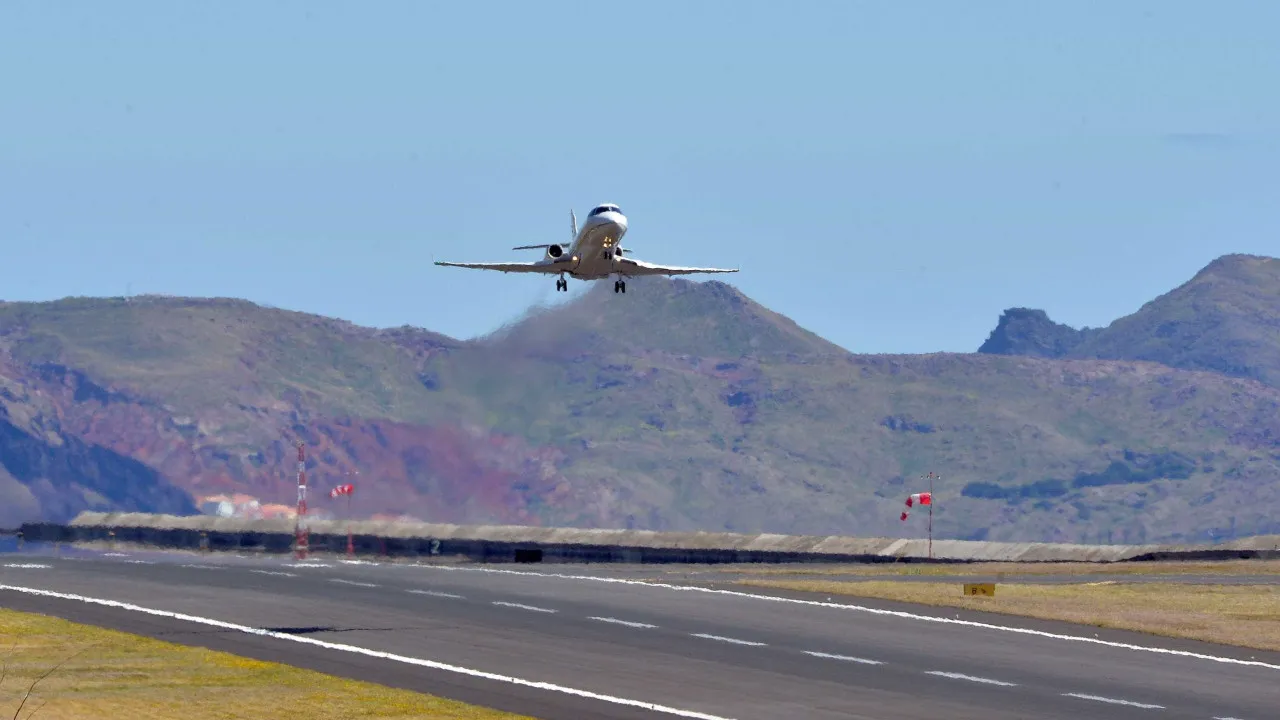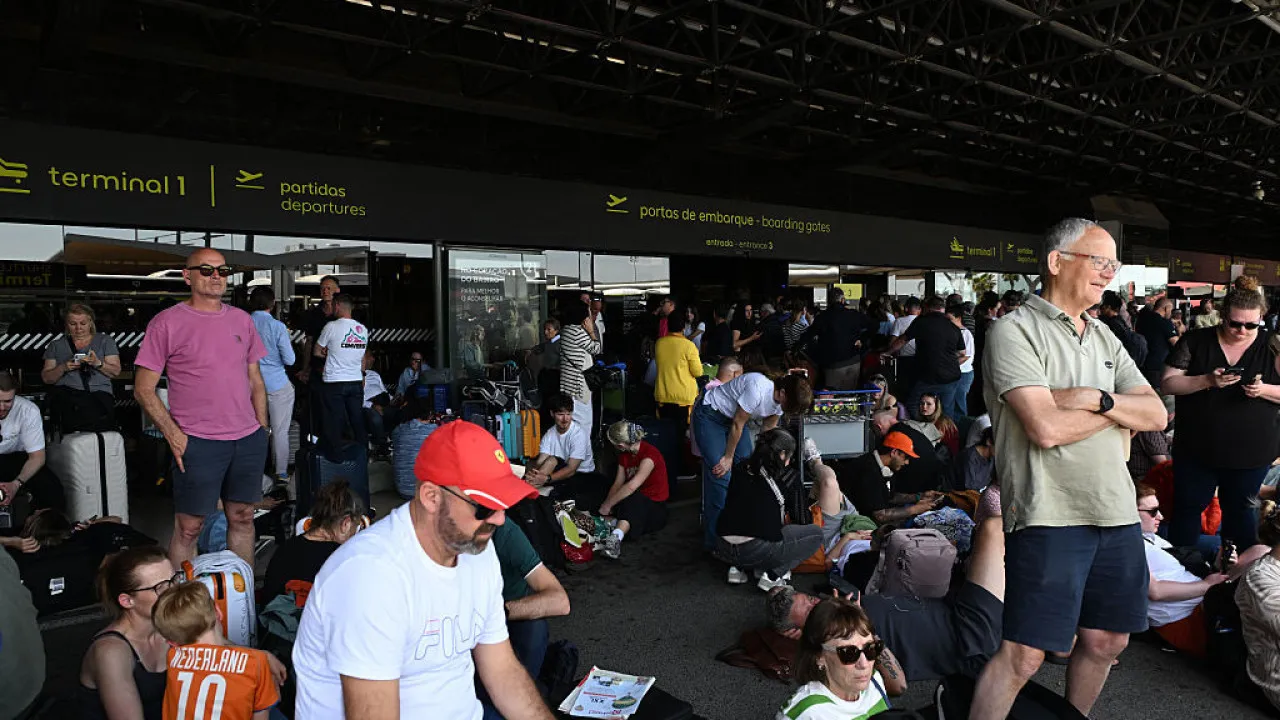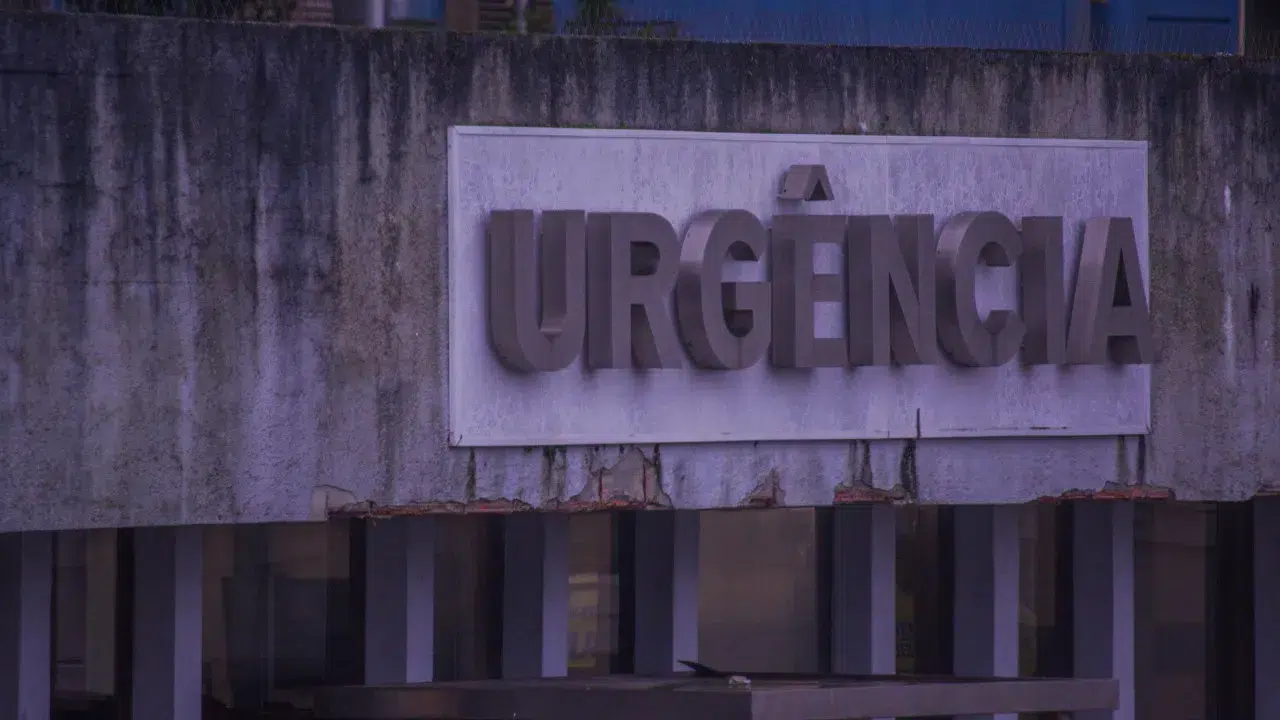The city of Lisbon identified 394 homeless people sleeping on the streets by the end of 2022, an increase of about 90 people compared to 2021, revealed today the coordinator of the municipal plan in this area.
“On the street, what we’re seeing is an increase in people in this condition [homelessness without shelter], in this case about 90 people,” according to data from December 31, 2022, revealed Paulo Santos, coordinator of the Project Team for the Municipal Plan for People Experiencing Homelessness 2019-2023 (EPPMPSSA).
The data was presented at the Lisbon Municipal Assembly, in the context of a specific debate on the Municipal Plan for the Homeless 2019-2023, following a recommendation by the two deputies from Cidadãos Por Lisboa (elected by the coalition PS/Livre), approved in July 2022, for a restructuring of the municipality’s strategy in this area.
“From 2020 to here, there is an inflection, and in the year 2022, despite there being a reduction in the number of homeless people [living in temporary accommodation], there is an increase in people who are homeless [living in public space, housed in emergency shelters or with whereabouts in precarious places],” Paulo Santos indicated, explaining that the reduction in homeless people is related to the decrease in the number of asylum seekers in the city of Lisbon.
According to the data presented on people experiencing homelessness in Lisbon, in 2018 a total of 2,473 citizens were identified (2,112 homeless and 361 homeless), in 2019 it increased to 3,178 (2.713 homeless and 465 homeless), in 2020 it rose to 3,811 (3,364 homeless and 447 homeless), in 2021 it reduced to 3,328 (3,021 homeless and 307 homeless) and in 2022 there were 3,138 (2,744 homeless and 394 homeless).
“During the year 2022, we had 87 people who became completely autonomous and no longer enter into these numbers, they are autonomous people and are making their way and their life project,” he pointed out.
At the national level, 9,604 homeless people were identified in 2021, which means that “about 1/3 of homeless people are concentrated in the city of Lisbon,” said the coordinator of EPPMPSSA.
Paulo Santos highlighted the joint work with the various entities that participate in the response to people experiencing homelessness in Lisbon, in which the axes of the Municipal Plan for the Homeless 2019-2023 are signaling, emergency, transition, insertion/autonomization, and prevention.
There are five technical street teams in the field, including one from Doctors of the World, and there is a protocol with the Psychiatric Hospital Center of Lisbon, which allows a psychiatrist to be in the street to evaluate cases in which there is suspicion of an associated psychiatric illness.
Regarding housing responses, there are currently 1,040 vacancies in the city, funded or co-funded by the council, which are distributed by 577 in emergency housing, 411 in transitional housing, 97% of these are the ‘Housing First’ project, and there are also 52 people who have accessed municipal housing.
Regarding the evolution of the number of housing vacancies, in 2019 there were 416, in 2020 it increased to 760, in 2021 there were 800, in 2022 it increased to 980 and, at this moment, there are 1,040, and the goal is to reach 1,146 by the end of this year, numbers that exclude the responses that are the responsibility of Santa Casa da Misericórdia de Lisboa.
Among the spaces for housing homeless people there are the barracks in Santa Bárbara, the integrative unit in Quinta do Lavrado, the solidarity residence in Alcântara and the municipal transitional apartments, as well as occupation and daytime insertion centers and local support centers.
In terms of employability, there are two structuring projects, “Employment First – Open Door”, which has already supported 250 people, and “It’s a restaurant”, which has accompanied 59, both of which work on the autonomy of homeless people.
In terms of the plan’s evaluation, Paulo Santos said that, of the 51 planned measures, 32 are fully implemented, four are partially implemented, and the rest are under development, yet to be developed or under re-evaluation, verifying that, “at this moment, 63% of the plan is implemented.
The municipality’s investment in responding to people experiencing homelessness was 5.7 million euros in 2022, higher than previous years, namely 2019, with 1.6 million, 2020, with 3.9 million, and 2021, with 4.2 million.
Regarding the future of the municipal plan, the coordinator hopes to increase the number of vacancies in shared apartments, expand and requalify the local support responses, the requalification of the Beato shelter center, with an application for the Recovery and Resilience Plan (PRR) has already been approved, and two other applications for PRR funding.








